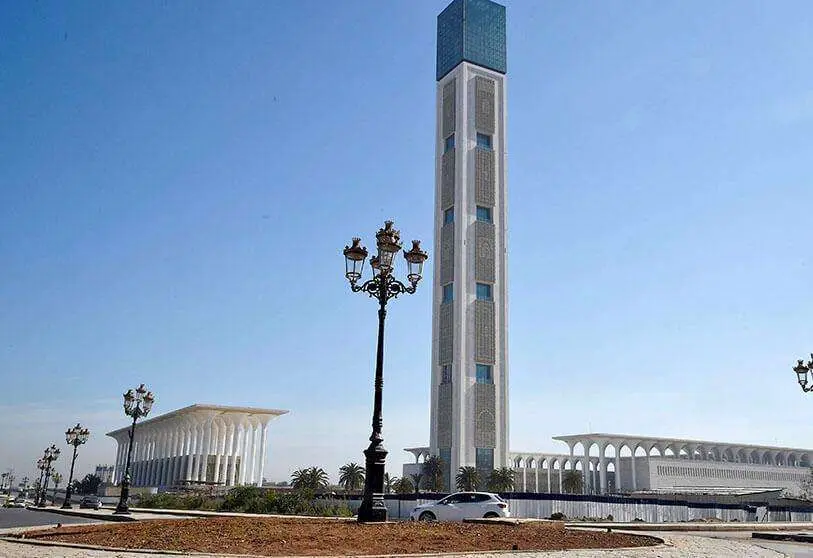COVID-19 infections rebound in Algeria after six days of decline

The number of daily infections by COVID-19 rose again today in Algeria after six consecutive days of decline, the local health authority reported today. According to it, in the last 24 hours there were 532 new positive cases, compared to 507 last Sunday, and nine new deaths, compared to eight that day.
With these cases, the total number of people infected with the virus in Algeria since statistics were made has reached 32,504, while the number of deaths has reached 1,248. In the last 24 hours, 474 people have been discharged, while 57 patients remain in the ICU.
The new figures come just one day after Algeria's President Abdelmadjid Tebboun ordered the "gradual" reopening of the large mosques, closed since the end of March, and of the beaches and tourist sites, even though the official number of daily infections by COVID-19 has not fallen below 500 in the last three weeks.
According to a statement broadcast on state television on Monday, the president asked the prime minister to schedule the gradual reopening of places of worship, a measure that in the first phase will only apply to mosques that can accommodate more than a thousand people and always applying measures such as the use of masks and social distance.
Under the same preventive conditions, "beaches and other places of recreation and relaxation" will be gradually reopened in order to improve the lives of citizens during the summer period.
The president also ordered the heads of the security services to guarantee, through a reinforced presence, the observance of hygiene measures, social distance and the use of masks, he said on television.
The situation is very critical in Algeria, one of the most affected countries in the Maghreb, not only because of the increase in daily cases but also because of the lack of beds and resources in most hospitals, especially in the south, where physical and verbal attacks on medical personnel are also becoming commonplace.
The authorities blame the escalation of infections since a month ago on "relaxation and lack of respect for precautionary measures, such as the use of masks" but avoid any reference to Algeria's precarious health system, considered one of the most deficient in North Africa.
In this context, on Thursday the EU Council decided to exclude Algeria from the list of countries to which Member States are recommended to open their external borders, a decision which the Algerian regime criticised as lacking in effect since Algeria itself has decided to keep its borders closed.









